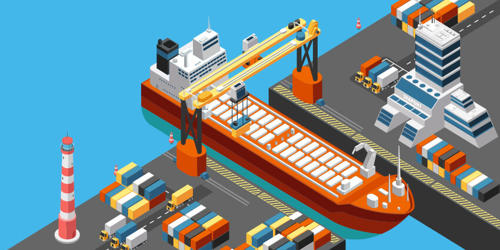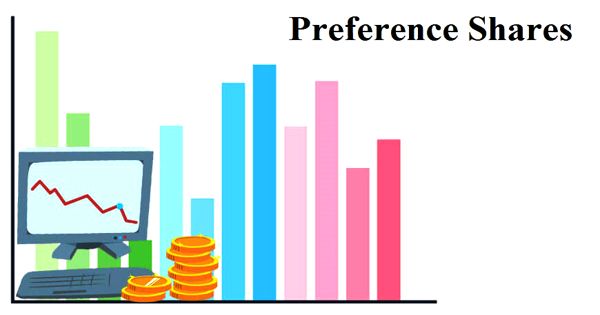Free Alongside Ship
Free alongside is one of a number of internationally recognized commercial terms used by businesses engaged in trade. Under this term, the seller clears the goods for export then places them alongside the vessel at the “named port of shipment”. When a price is quoted free alongside ship, it means that the price includes free delivery of the goods alongside the ship/named by the buyer who will bear the cost of loading them on a ship. The buyer will be responsible for the loading fee, the main carriage, the cargo insurance, and other costs implicated. In practice, it should be used for situations where the seller has direct access to the vessel for loading, e.g. bulk cargos or non-containerized goods.
“Free Alongside Ship” means that the seller fulfills his obligation to deliver when the goods have been placed alongside the vessel on the quay or in lighters at the named port of shipment. Contracts for international transportation of goods typically include details like the time and place of delivery, payment, the exact time when the risk of loss shifts from the seller to the buyer, and who pays the costs of freight and insurance. This means that the buyer has to bear all costs and risks of loss of or damage to the goods from that moment. The seller delivers goods, cleared for export, alongside the vessel at a named port, at which point risk transfers to the buyer. The buyer is responsible for loading the goods and all costs thereafter. The buyer is responsible for loading and all subsequent charges.
Seller’s obligations –
- Delivery of goods and documents required
- Packaging and wrapping
- Inland transport in the country of origin
- Customs handling fees at origin.
- Produces the goods and commercial documents as required by the sales contract.
Buyer’s obligations –
- Payment of goods
- Origin charges
- International freight
- Destination charges
- Customs handling fees at destination
- Inland transport at the destination country
- Payment of duties and taxes.
Free Alongside Ship rule goes back to the days of sailing ships and requires the seller to place the goods alongside the vessel nominated by the buyer. This means that the seller is responsible for all costs and risks to the goods up to point of delivery. This term applies only for ocean or inland waterway ports. This term is frequently used in the term of sale of bulk commodities like grains or oil.
















